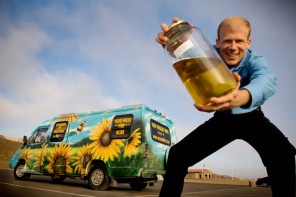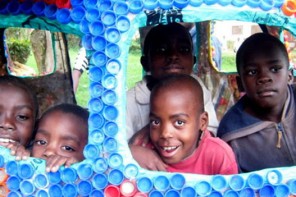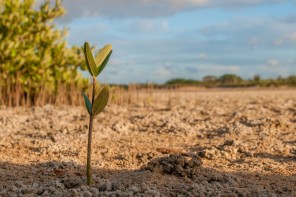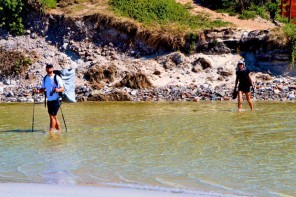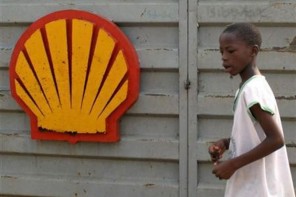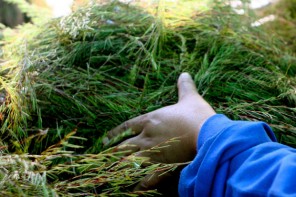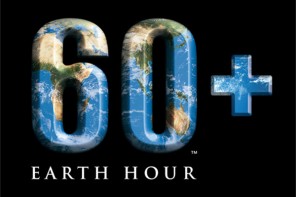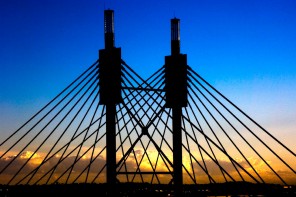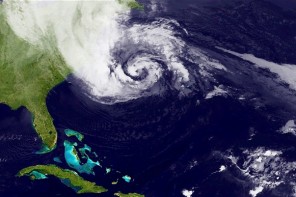South Africa’s drinking water is among the best to be found anywhere, and the country remains among a few in the world where water can safely be consumed from the tap, said water affairs minister Edna Molewa.
Molewa was releasing the 2012 Blue Drop report during the Water Institute of Southern Africa’s 2012 conference and exhibition, taking place at the Cape Town International Convention Centre.
Introduced in September 2008, the Blue Drop certification programme encourages local municipalities to improve their water quality management while keeping consumers informed about the water they’re drinking. It was launched by Molewa’s predecessor, Buyelwa Sonjica.
Molewa noted a significant improvement over the previous year’s results – she said 98 municipalities were this year awarded Blue Status, up from 66 last year.
The average national Blue Status score jumped from 72.9% last year to 87.6% this year.
All nine provinces showed progress in their 2012 Blue Drop results when compared to 2011. The scores have improved every year since the first Blue Drop report was released in 2009 with a national average of 51.4%.
A score of 100% is rated as exceptional. A score between 95% and 99% mean that the municipality is managing its drinking water quality with excellence, while a score from 80% and 95% are rated as very good. A score between 60% and 80% is rated as good, and a score between 50% and 60% is reasonable. Below 50% means that improvement is needed.
Assessing more than just water quality
In all, 931 water systems within 153 of South Africa’s 287 municipalities were audited for this year’s report.
Molewa stressed that just because a municipality was not awarded Blue Drop status, did not mean that its water was unfit for human consumption.
This is because Blue Drop certification goes beyond the quality of drinking water to include aspects such as risk management, operations and asset management of water services.
The programme is not voluntary, but is an incentive-based regulatory initiative which requires water services institutions to provide information in line with the legislative requirements of Section 62 of the Water Services Act.
In this year’s Blue Drop report, Ekurhuleni in Gauteng came out as the top scoring municipality, with a score of 98.95%. It was followed by the City of Johannesburg with 98.92% and Mogale City with 98.79%.
Ethekwini in KwaZulu-Natal, Tlokwe in the North West and the City of Cape Town were the next highest scoring municipalities, respectively.
The top performing province is Gauteng – with a score of 98.1%, followed by the Western Cape (94.2%) and KwaZulu-Natal (92.9%), respectively.
The remaining six provinces all notched up scores below that of the national average of 87.6% – with Mpumalanga ranked as the worst performing province at 60.9%, followed by Northern Cape (68.2%).
The greatest improvement was seen in the North West province, with an increase from 62.3% in 2011 to 78.7% in 2012.
Molewa commended the Victor Kanye Local Municipality (formerly Delmas), in Mpumalanga, which increased its score from 18.26% last year to 80.07% this year.
She also congratulated the Thembisile Local Municipality, also in Mpumalanga, which increased its score from 27.77% to 78.30%.
Tackling problem areas
However, Molewa said she was concerned about the worst scoring municipality – Koukamma (5.6%) – and iKwezi (7.9%) both in the Eastern Cape, which are among 15 municipalities that have received warnings over the quality of their water.
“Communities have been informed not to drink the tap water without improving the quality first by either boiling or using other methods of purification,” she said, adding that her department was working closely with these municipalities to bring the water quality up to standard.
Molewa said despite the 15 warnings, her department now knew where the problems were and would be attending to them.
Helgard Muller, acting deputy director-general of policy and regulation at the department, said the involvement of water boards and the private sector were key to improving the management of water services.
While other countries’ water audits only looked at the quality of water, the Department of Water Affairs also considered risk management and asset management in the Blue Drop report.
Of the 98 municipalities that achieved Blue Drop certification, 38 were serviced by water boards and about 20 by the private sector.
Source: BuaNews via Media Club South Africa


